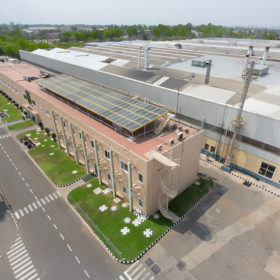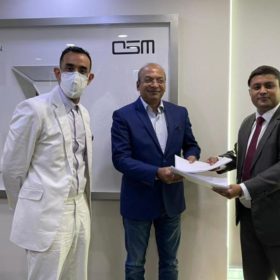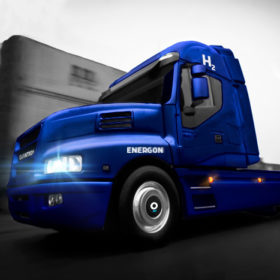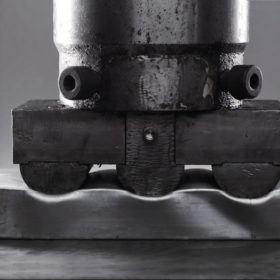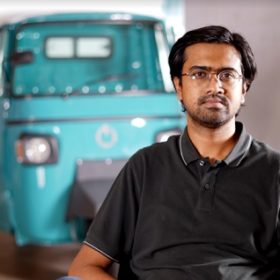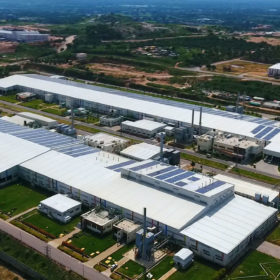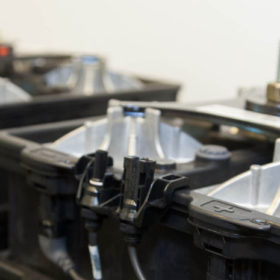TVS Motor commits US$161.2 million of electric vehicle investment in Tamil Nadu
The company has signed a memorandum of understanding with the state government to invest INR 1,200 crore for the design, development and manufacturing of new products and capacity expansion in the electric vehicles space.
Sustaining the battery storage supply chain
Noida-headquartered Lohum plans to expand its integrated lithium-ion battery manufacturing and recycling facility in India to 3 GWh and expand into the US with its first facility. Co-founder Justin Lemmon speaks to pv magazine about how their operations in India will solve the battery supply chain and cost challenge for the nation’s electric mobility and renewable energy ambitions.
Enabling the transition to electric mobility
Parity in the total cost of ownership already exists for electric two-wheelers and three-wheelers (with subsidy) vis-à-vis their internal combustion engine counterparts. Policy impetus, coupled with the production-linked incentive (PLI) scheme for batteries and auto components (exclusively covering EVs), is likely to further reduce costs and accelerate the transition to electric vehicles (EVs). The transition will also open up the market for new-age companies and innovators across the value chain.
C4V signs 1.16 GWh lithium battery cell supply deal with Omega Seiki
The New York-headquartered technology provider will supply over 1.16 gigawatt-hours (GWh) of its lithium-ion battery cells to power India-based Omega Seiki’s lineup of electric vehicles. The cells, assembled into batteries, will be delivered over the next five years.
Mapping the future of cleaner transportation
Eight key developments are accelerating the advancement of electric vehicles. These range from the improvements in cost and performance of electric vehicle (EV) batteries to hydrogen-powered vehicles.
Allox Minerals eyes scale-up of lithium battery material production, forward integration
Hyderabad-based Allox Minerals looks forward to scaling up lithium titanate (LTO) anode and lithium ferrophosphate (LFP) cathode material production for electric vehicle batteries as the demand arises. It produces these materials using the economical method developed by International Advanced Research Centre for Powder Metallurgy & New Materials (ARCI). The company is also keen on forward integration up to battery assembly.
Grevol to use CATL lithium cells for EV battery packs
The New Delhi-based electric mobility firm has launched electric vehicle (EV) battery packs using lithium-ion cells from China’s Contemporary Amperex Technology Co. Ltd. (CATL).
Amara Raja Batteries to reposition itself as an energy and mobility player
The Indian lead-acid battery major would form a new strategic business unit for lithium cells and battery packs, electric vehicle (EV) chargers, energy storage systems, and other related products and services as it looks to reposition itself as an energy and mobility player.
Electric car maker Triton-EV registers India office
The US-headquartered company has registered its Indian arm by the name of Triton Electric Vehicles India in New Delhi as it plans to capture the nation’s growing EV market. It is also in discussion with a few states to set up a factory.
Roshan Energy signs lithium battery production agreement with US firm
The Telangana-headquartered lithium-iron-phosphate (LFP) battery manufacturer has teamed up with Las Vegas-headquartered Barrel Energy to develop and manufacture lithium batteries for electric vehicles. The joint venture will establish factories in India and North America.
